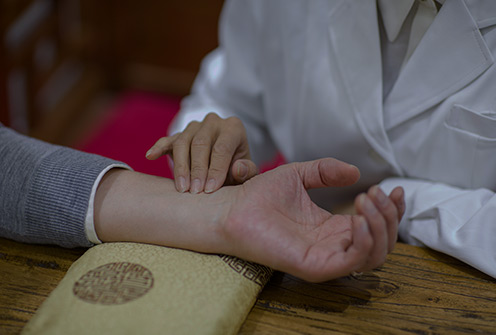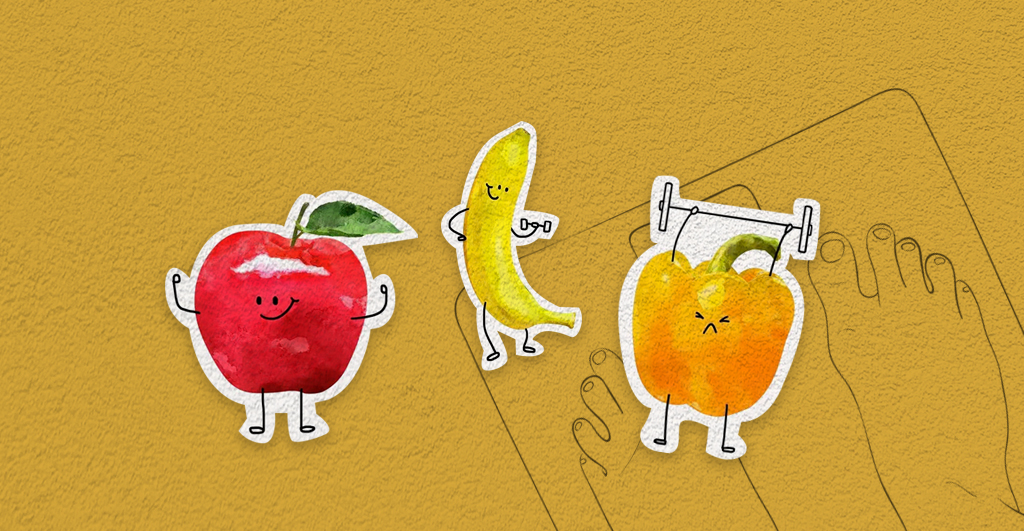Every month, like clockwork, millions of women experience the intricate dance of hormones and bodily changes that herald the arrival of their menstrual cycle. For some, it’s a seamless transition, but for many, it comes with a monthly list of unwelcome symptoms—premenstrual syndrome (PMS).
These symptoms, ranging from mood swings to physical discomfort, can significantly disrupt daily life and well-being.
To gain a deeper understanding of this monthly phenomenon, you can explore our previous article HERE.
In Traditional Chinese Medicine (TCM), premenstrual symptoms such as breast tenderness, mood swings, irritability, cramps, and pain can be attributed to various imbalances, including Liver Qi stagnation, Qi and Blood stagnation, and Spleen Qi deficiency.
Condition | Symptoms | Explanation | Causes |
Liver Qi Stagnation | Breast tenderness | In TCM, the Liver governs Qi flow. Stagnation results in emotional disturbances and breast tenderness. | – Stress – Emotional turmoil – Lifestyle factors disrupting Qi flow |
Qi and Blood Stagnation | Cramps Pain | -Stagnation in the uterus leads to menstrual cramps and pain. Obstruction of Blood flow causes discomfort. | – Lack of physical activity – Poor circulation – Emotional stress – Underlying conditions affecting Blood flow |
Spleen Qi Deficiency | Bloating Digestive issues Fatigue | – Spleen governs digestion. Deficiency leads to poor digestion, bloating, and fatigue. | – Poor diet – Irregular eating habits – Excessive worry – Lifestyle choices weakening the Spleen |
Cold and Dampness | Abdominal bloating Water retention Heaviness | – Cold and dampness in the body can lead to PMS symptoms. Moxibustion and warming therapies are often used to dispel cold and dampness. | – Exposure to cold environments – Consumption of cold and raw foods – Weakened digestive function |
It’s important to note that these imbalances are interconnected, as TCM views the body as a holistic system with a web of interrelated components.
For example, Liver Qi stagnation can lead to emotional stress, which, in turn, can contribute to Qi and Blood stagnation. Similarly, Spleen Qi deficiency can affect the Liver, potentially exacerbating Liver Qi stagnation.

How TCM can alleviate PMS
TCM treatments for these imbalances typically aim to restore balance and harmony within the body.
They may include acupuncture to regulate Qi flow, herbal remedies to tonify deficient organs or clear stagnation, dietary recommendations to support the Spleen, and lifestyle adjustments to reduce stress and promote overall well-being.
Acupuncture
Acupuncture plays a vital role in addressing premenstrual symptoms by targeting the underlying imbalances contributing to these symptoms. It stimulates the flow of Qi and Blood, thereby resolving stagnation and restoring balance.
This, in turn, can reduce the pain and discomfort associated with PMS.
Herbal Medication
Herbal medications for PMS are designed to alleviate symptoms by regulating hormones, reducing inflammation and pain, promoting relaxation, and providing support for the liver and digestion.
It is advisable, however, to consult with physicians to determine the most suitable herbs and dosages for individual PMS symptoms and needs.
Dietary Recommendations
Lotus Root and Chinese Yam Pork Soup
- 400g Lotus Root, peeled and sliced into round
- 200g Chinese Yam, peeled and sliced into round or bite sized pieces
- 250g lean pork
- 1-2 slices of ginger
- 6-8 cups of water
- Salt and pepper to taste
Acupressure Point




Seeking relief from monthly PMS struggles?
Our premenstrual capsule is designed to bring harmony and balance to your menstrual cycle and relieve common PMS symptoms like irregular flow, mood swings, and cramps.
Our formulation include herbs such as:
Rhizoma Atractylodis Macrocephalae 白术
Poria 茯苓
–
Strengthen the Spleen and tonify Qi, improving digestion and reducing stomach bloating prior to menstruation.
Radix Aucklandiae 木香
Rhizoma Cyperi 香附
Rhizoma Ligustici Chuanxiong 川芎
–
Promote the movement of Qi and Blood.
Radix Angelicae Sinensis 当归
Radix Paeoniae Alba 白芍
–
Nourish and enrich Blood.
Semen Persicae 桃仁
Flos Carthami 红花
Radix Paeoniae Rubra 赤芍
Rhizoma Polygoni Cuspidati 虎杖
–
Promote movement of blood, reduce blood stasis and reduce pain caused by stagnation.
Radix Bupleuri 柴胡
Pericarpium Citri Reticulatae Viride 青皮
–
Soothe liver Qi stagnation, reducing the occurrence of symptoms such as breast tenderness and mood swings before menstruation.






















